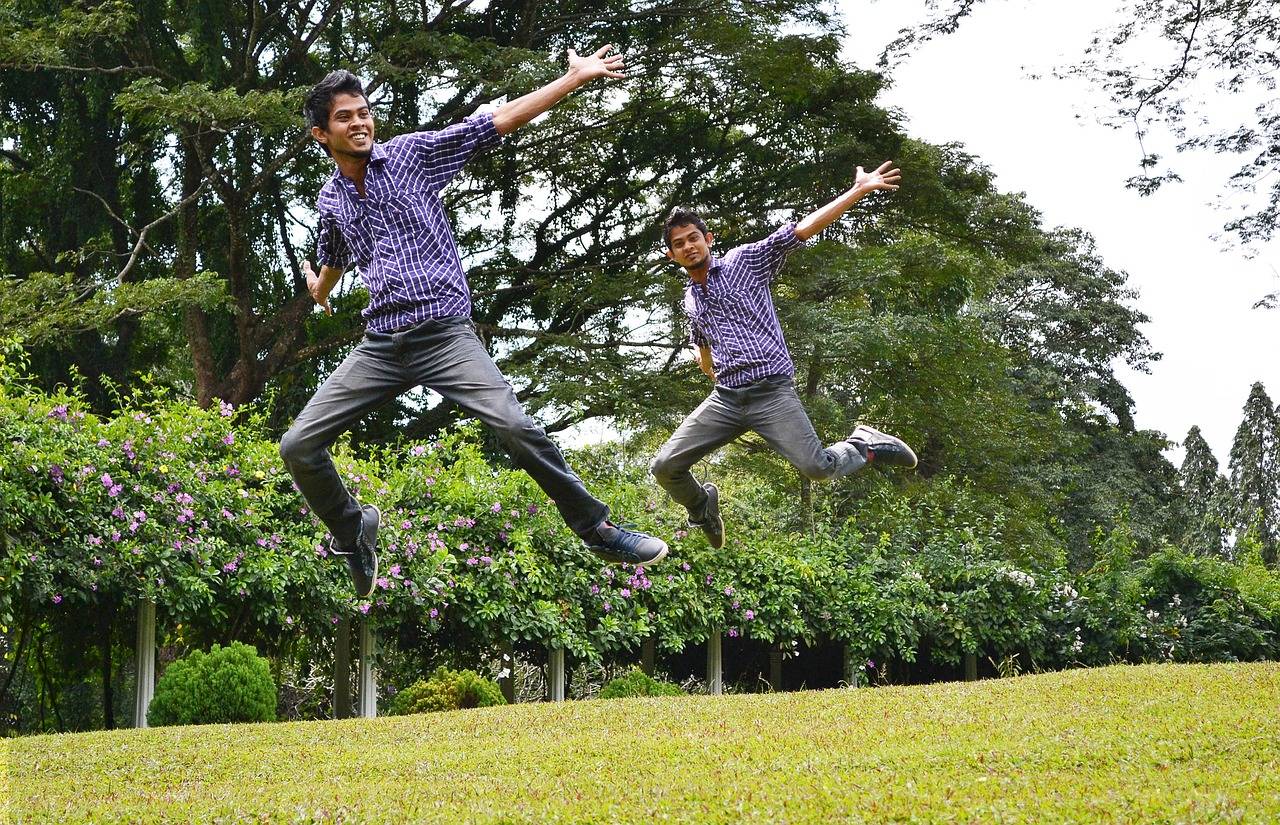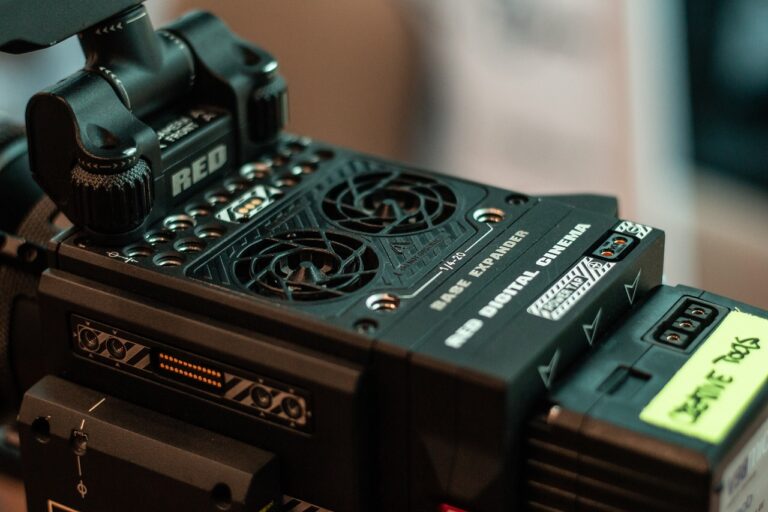Music Venues and Indigenous Rights: Respecting Land and Cultural Heritage: Sky247.in login, 11x game login, 99exch
sky247.in login, 11x game login, 99exch: Music venues have long been a platform for artists to showcase their talents and connect with fans. However, the construction and operation of these venues often overlook the rights and cultural heritage of Indigenous communities. It’s crucial to acknowledge and respect the land and cultural heritage of Indigenous peoples to ensure that music venues are inclusive and sustainable spaces for all.
History of Indigenous Rights
Indigenous peoples have a deep connection to the land they inhabit. For centuries, they have maintained a unique relationship with their environment, incorporating their cultural traditions and values into their way of life. However, colonization and industrialization have disrupted these relationships, leading to the marginalization and oppression of Indigenous communities.
Respecting Land Rights
When building or operating music venues, it is essential to consider the land rights of Indigenous peoples. Many music venues are located on land that holds significant cultural and spiritual value for Indigenous communities. By consulting with these communities and obtaining their consent, venue owners can ensure that their operations do not compromise the land’s integrity or disrupt Indigenous practices.
Preserving Cultural Heritage
Music venues should also strive to preserve and promote Indigenous cultural heritage. This can be achieved through showcasing Indigenous artists, incorporating Indigenous art and design elements into the venue’s aesthetic, and offering cultural programming that educates patrons about Indigenous traditions and histories. By celebrating Indigenous culture, music venues can create a more inclusive and enriching experience for everyone.
Collaborating with Indigenous Communities
One way to demonstrate respect for Indigenous rights is to collaborate with local Indigenous communities. By partnering with Indigenous artists, elders, and organizations, music venues can learn from and support Indigenous perspectives, ensuring that their operations align with Indigenous values and priorities. This collaboration can also foster mutual understanding and appreciation between Indigenous and non-Indigenous peoples.
Educating Patrons
Music venues have a unique opportunity to educate their patrons about Indigenous rights and cultural heritage. By providing information about the land on which the venue is located, the Indigenous communities that have historically inhabited the area, and the significance of Indigenous traditions, venues can raise awareness and promote allyship among their audience members. This educational component can enhance the overall experience of attending a music event and encourage patrons to become more active supporters of Indigenous rights.
FAQs
Q: How can music venues support Indigenous artists?
A: Music venues can support Indigenous artists by booking them for performances, providing opportunities for collaboration and networking, and amplifying their voices through promotions and marketing.
Q: What are some ways that music venues can incorporate Indigenous art and design?
A: Music venues can incorporate Indigenous art and design through murals, sculptures, textiles, and other visual elements that reflect Indigenous cultural traditions and aesthetics.
Q: How can patrons contribute to respecting Indigenous rights at music venues?
A: Patrons can contribute by educating themselves about Indigenous rights and histories, advocating for Indigenous representation in music venues, and supporting Indigenous-led initiatives and organizations.
In conclusion, music venues have a responsibility to respect the land and cultural heritage of Indigenous communities. By consulting with Indigenous peoples, preserving cultural traditions, collaborating with Indigenous artists, educating patrons, and promoting allyship, music venues can create more inclusive and sustainable spaces that honor the rights and dignity of Indigenous peoples. Let’s strive to make music venues places where all voices are heard and all cultures are celebrated.







